The process of zeroing scopes causes a whole lot of grief and aggravation, not to mention wasted ammo. I have to wonder if the reason for this problem is that it involves math, and most of us shut down on the whole math thing about half way through eighth-grade Algebra.
So, what exactly is zeroing?
Simply put, the process of zeroing a scope matches the point of aim to the actual point of impact. Put differently, the process ensures that a bullet lands exactly where you put the crosshairs. As bullets drop (because of gravity!), we need to make some decisions about how we want to adjust our scope so that the crosshairs reflect the point where the bullet will actually strike. Usually, this involves aligning the scope and rifle so that the rifle slightly “lobs” the bullet up relative to the line of sight.

The test rifle for these examples was a Volquartsen 17 WSM Deluxe with a Burris Veracity 4-20×50 scope
.
To illustrate the process, I decided to bolt a new scope on a rifle of known accuracy and walk through the zeroing process, making some notes and taking some photos along the way. I’ve got a loaner 17 WSM Deluxe Semi-Auto Rifle from the folks at Volquartsen that I’m really having trouble returning. That’s because it’s smokin’ hot. The .17 WSM rimfire cartridge launches projectiles at just a hair under 3,000 feet per second, and the accuracy is stunning. This rifle also makes a fantastic optics platform as the mounting rail is machined into the receiver, so there are no bolted on parts.
I wanted to make a rock solid platform for a Burris Veracity 4-20×50 scope so I used Burris XTR Signature 30mm rings
. These are built like tanks, and once mounted, nothing is moving.

I mounted the Burris Veracity with Burris XTR Signature rings.
So at this point, I’ve got a rifle with a fresh optic installed that’s never been fired in this specific configuration. The very first thing I’ll need to do is zero the scope. Let’ walk through the process.



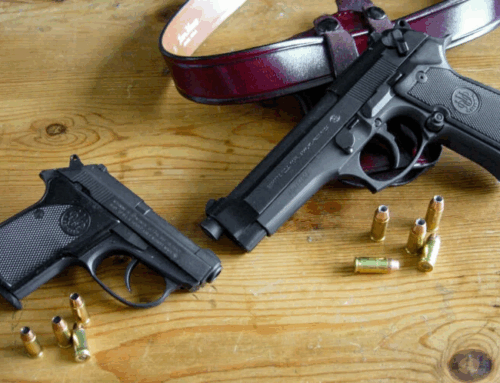
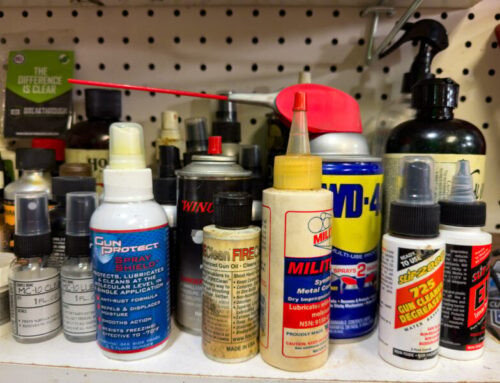
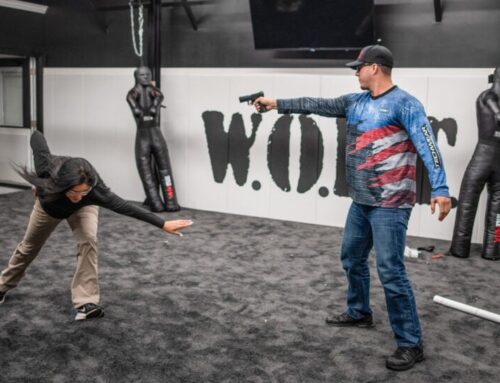
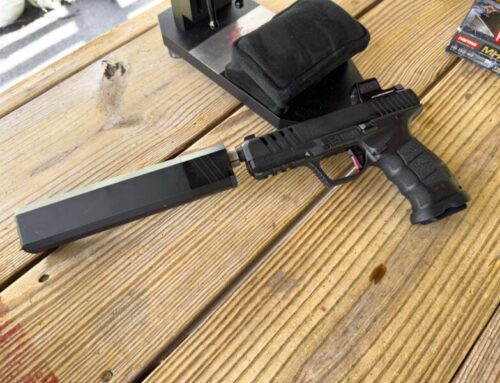
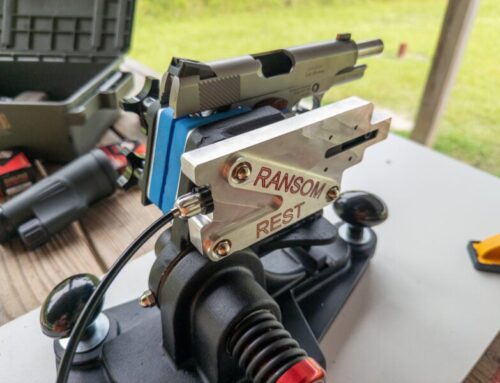
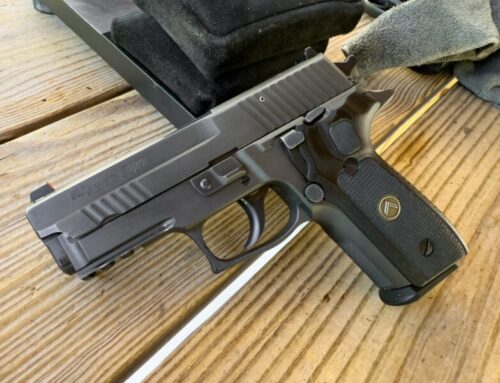
Leave A Comment